Alphabet Worksheets for Ages 5-8
417 filtered results
-
From - To
Explore our Alphabet Worksheets designed for children ages 5-8, perfect for early learners embarking on their literacy journey. These engaging, educational printables help kids practice their ABCs, recognize letter shapes, and improve handwriting. Each worksheet offers a fun mix of coloring activities, tracing exercises, and letter puzzles to reinforce recognition and phonetics. With vibrant illustrations and interactive tasks, our resources make learning enjoyable and effective. Boost your child's confidence and foundational reading skills with these expertly crafted worksheets. Ideal for both school and home settings, they are a fantastic tool to support young learners' development.


Letter A Tracing Page
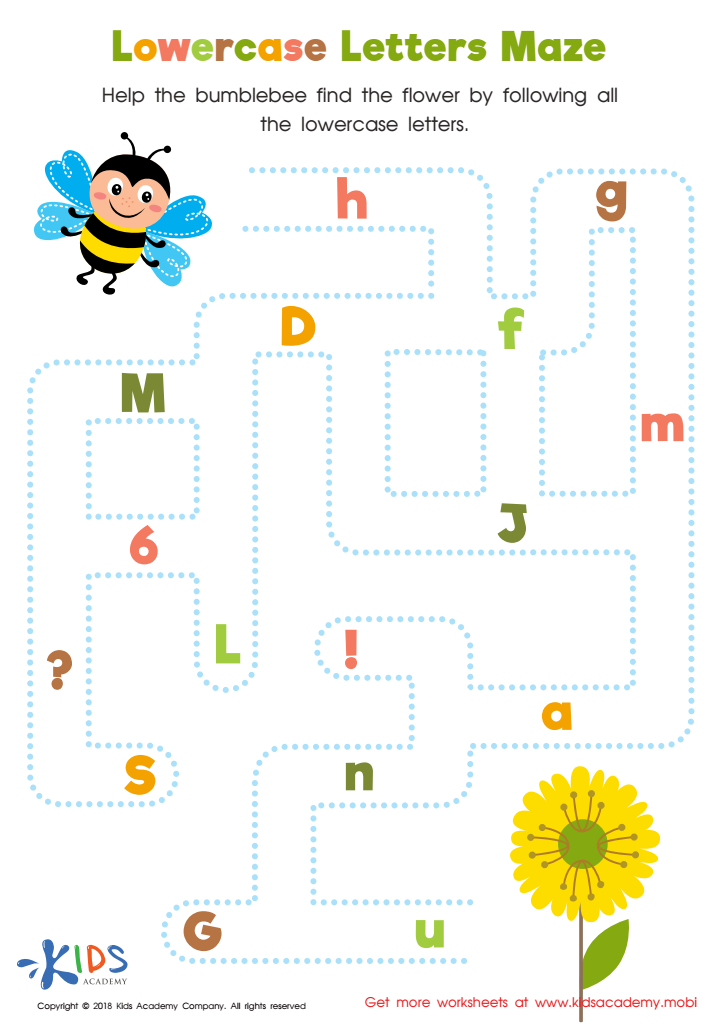

Lowercase Letters Maze Worksheet


Rhyming Words: Assessment Worksheet
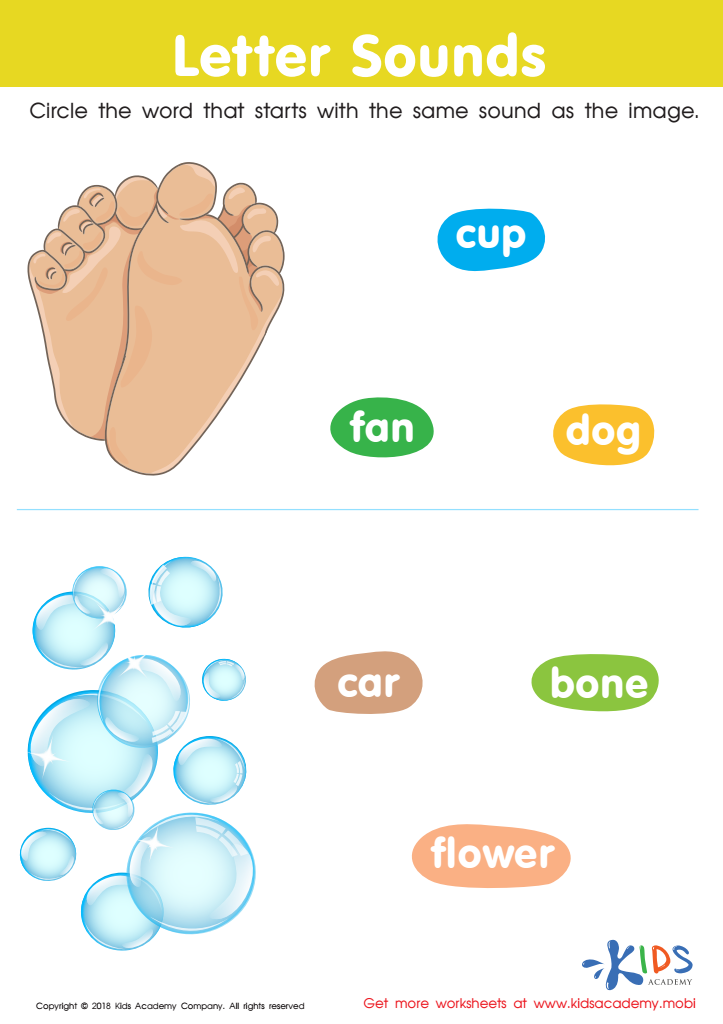

letter sounds Worksheet
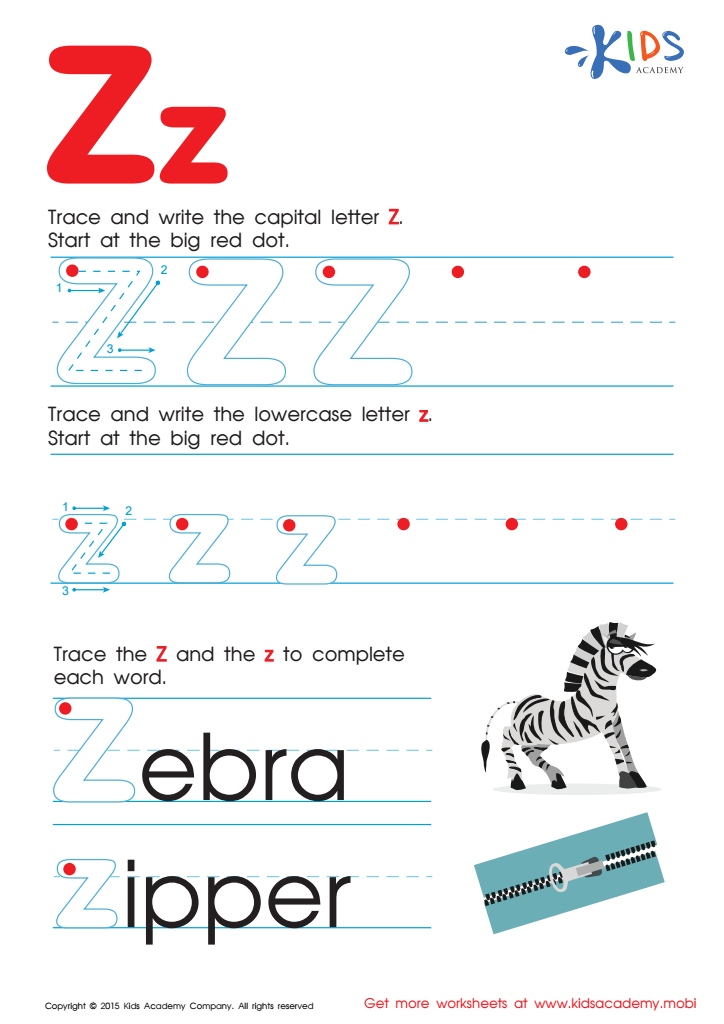

Letter Z Tracing Page
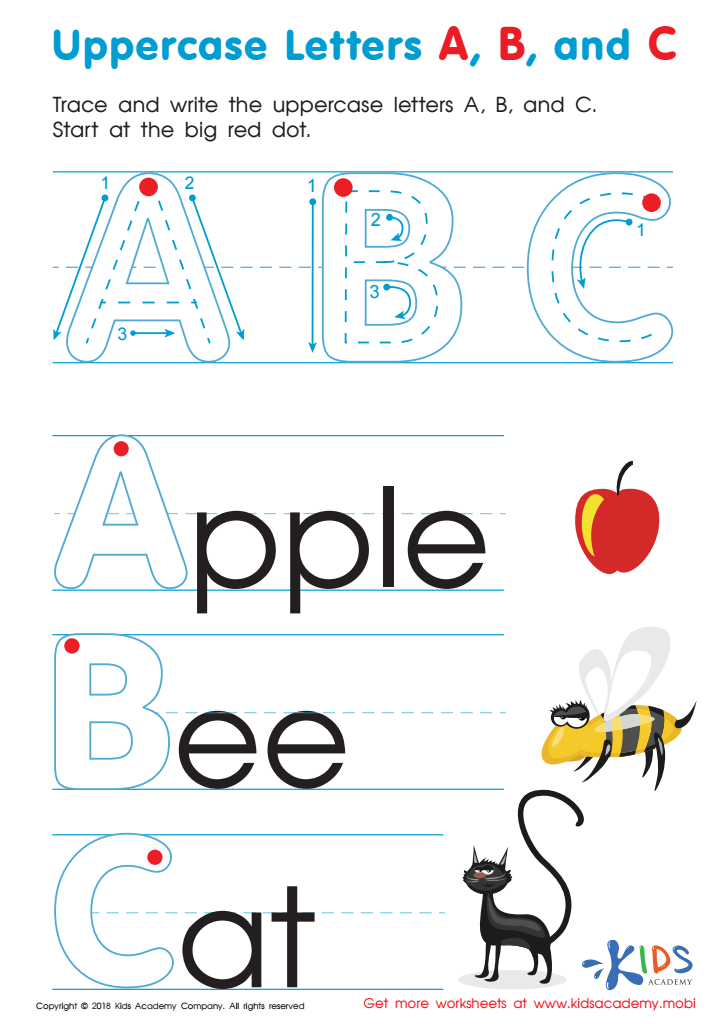

Uppercase Letters A, B, and C Worksheet
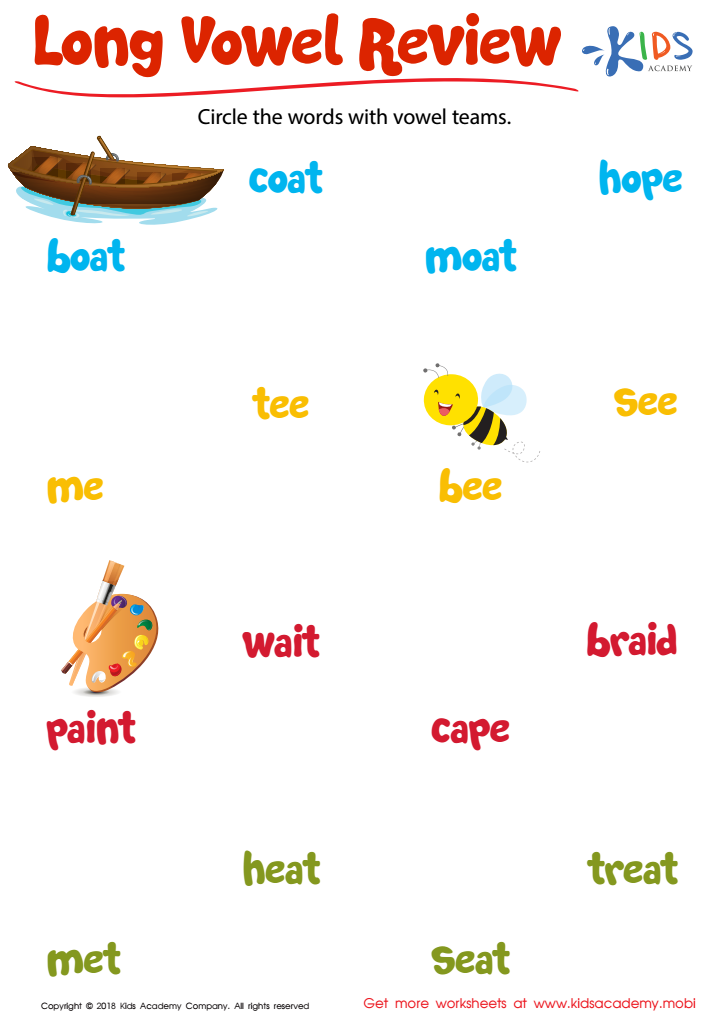

Long Vowel Review Worksheet
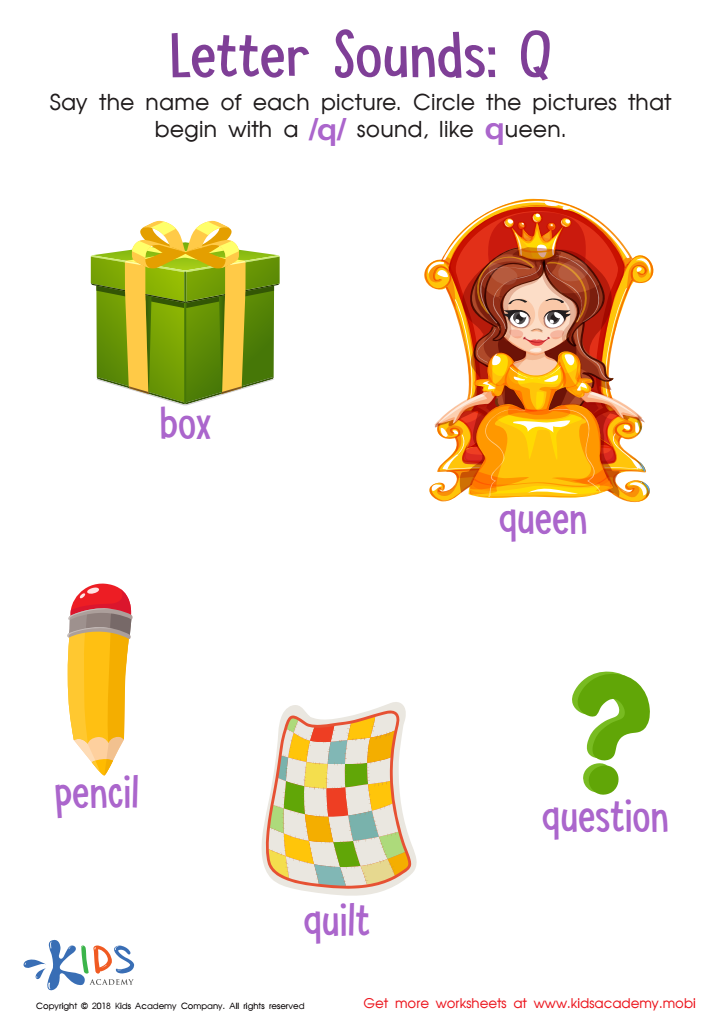

Letter Q Sounds Worksheet
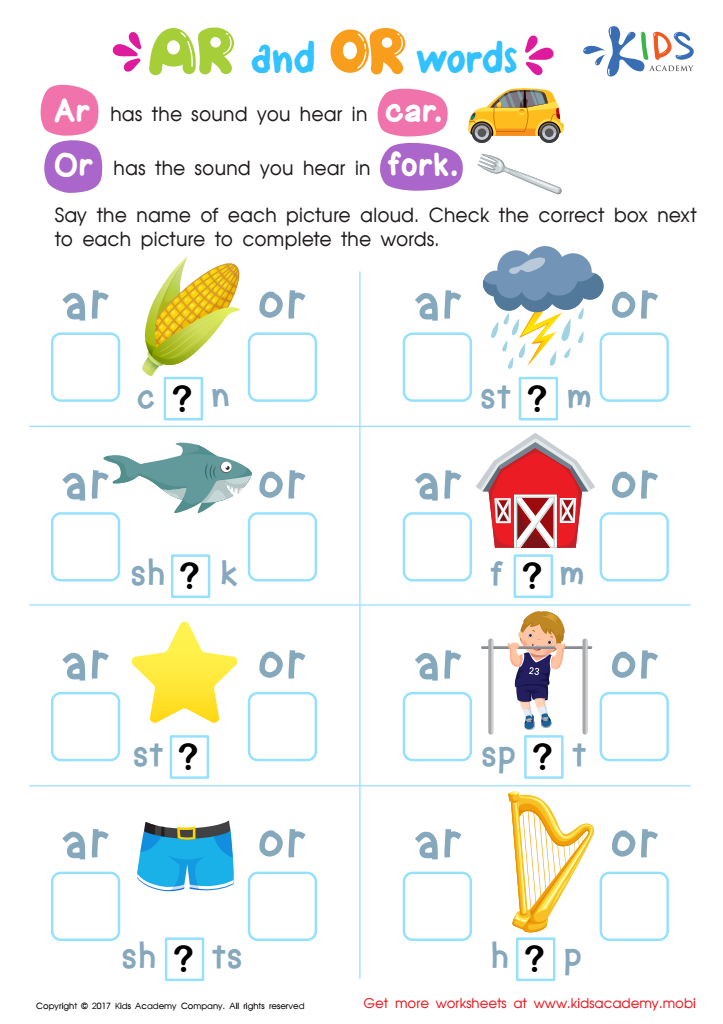

Ar and Or Words Phonics Worksheet


Letter E Coloring Sheet
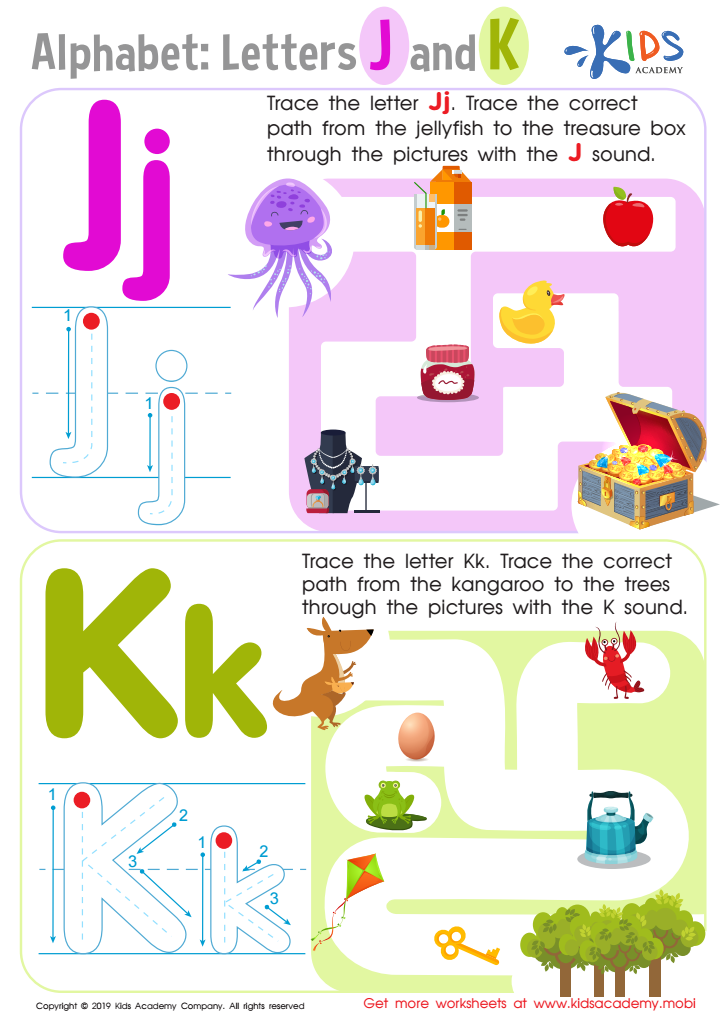

Letters J and K Tracing Worksheet
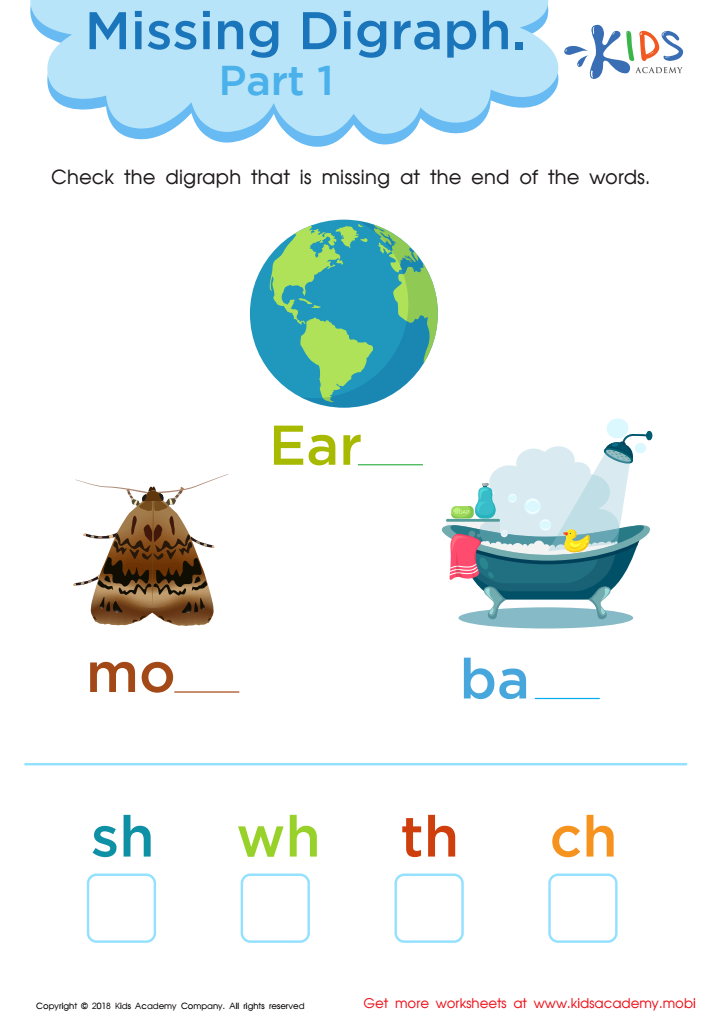

Missing Digraph: Part 1 Worksheet
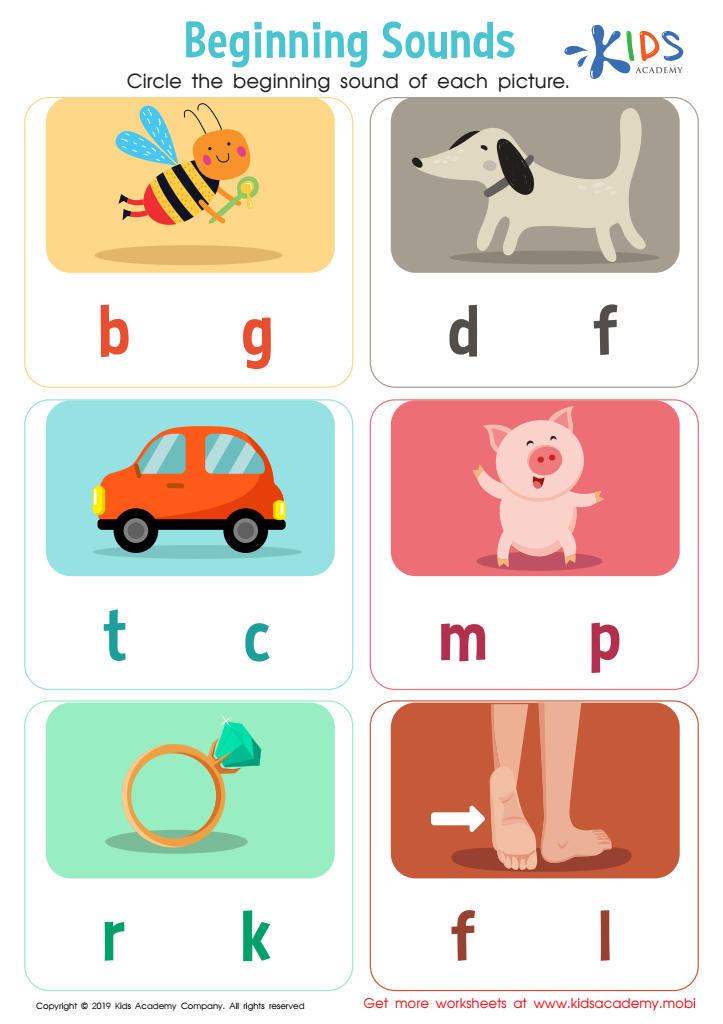

Beginning Sounds Worksheet
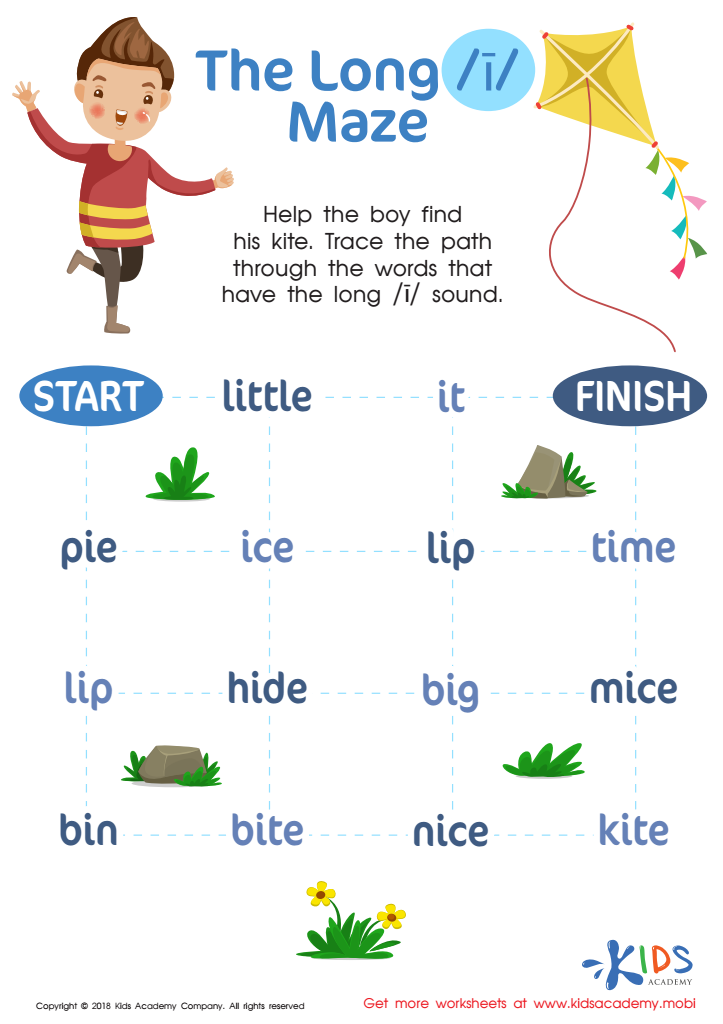

The Long I Maze Reading Worksheet
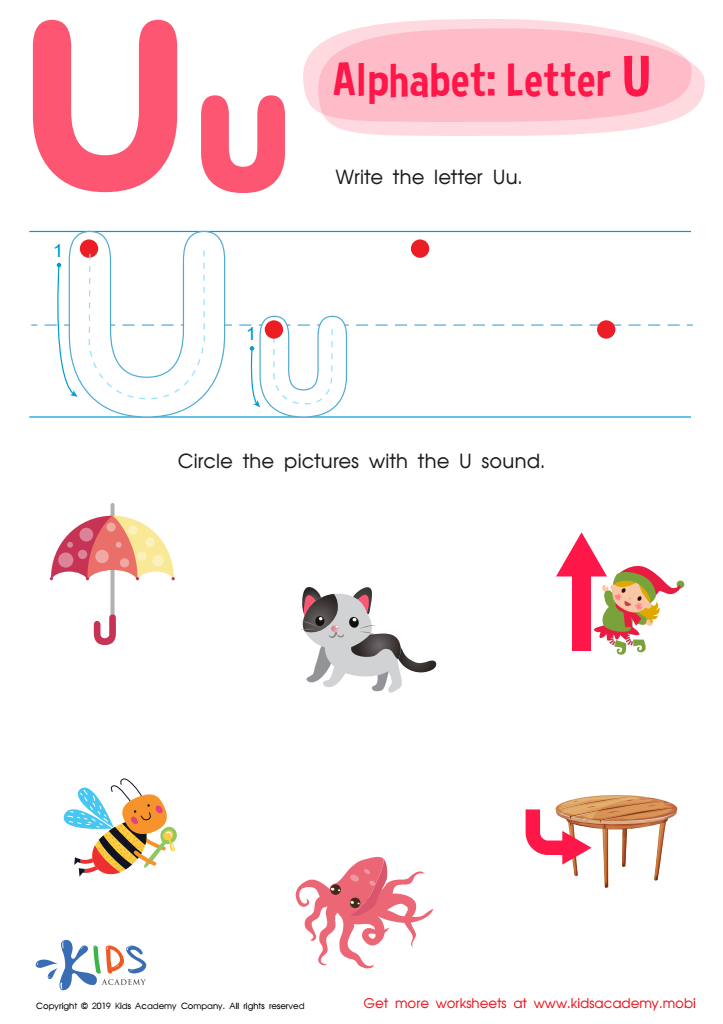

Letter U Tracing Worksheet
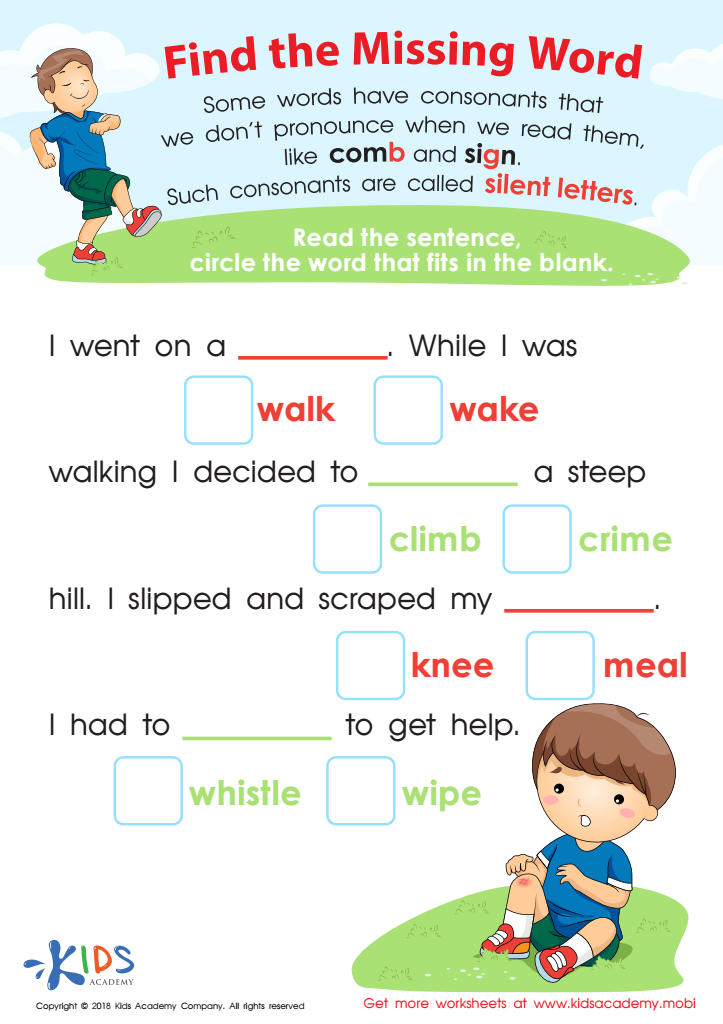

Find The Missing Word Worksheet
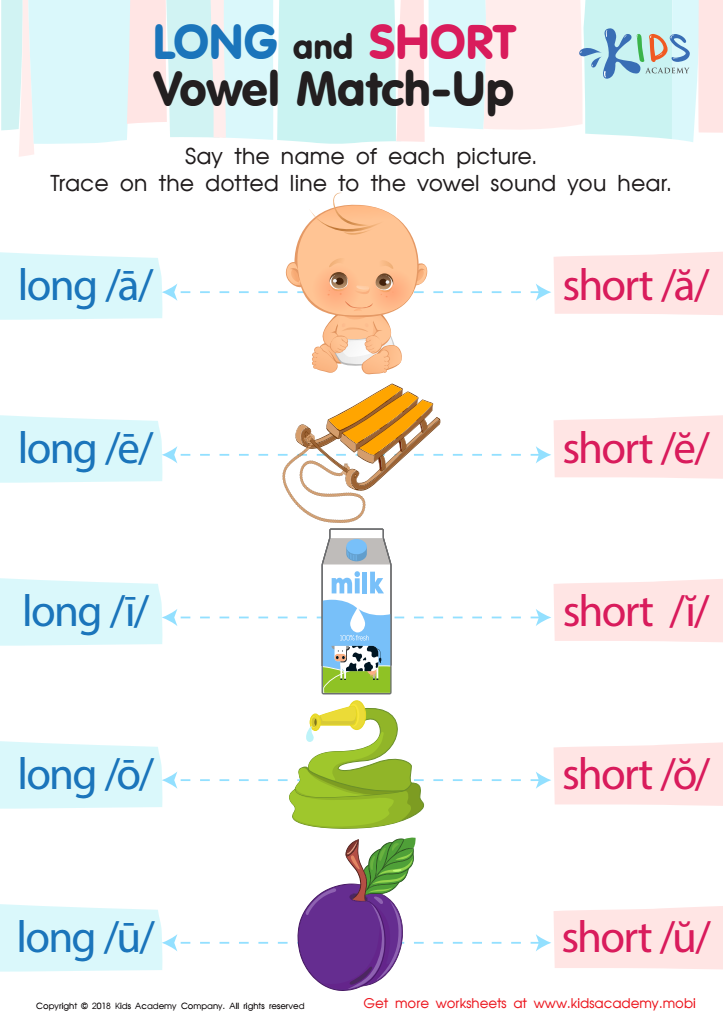

Long and Short Vowel Match up Reading Worksheet
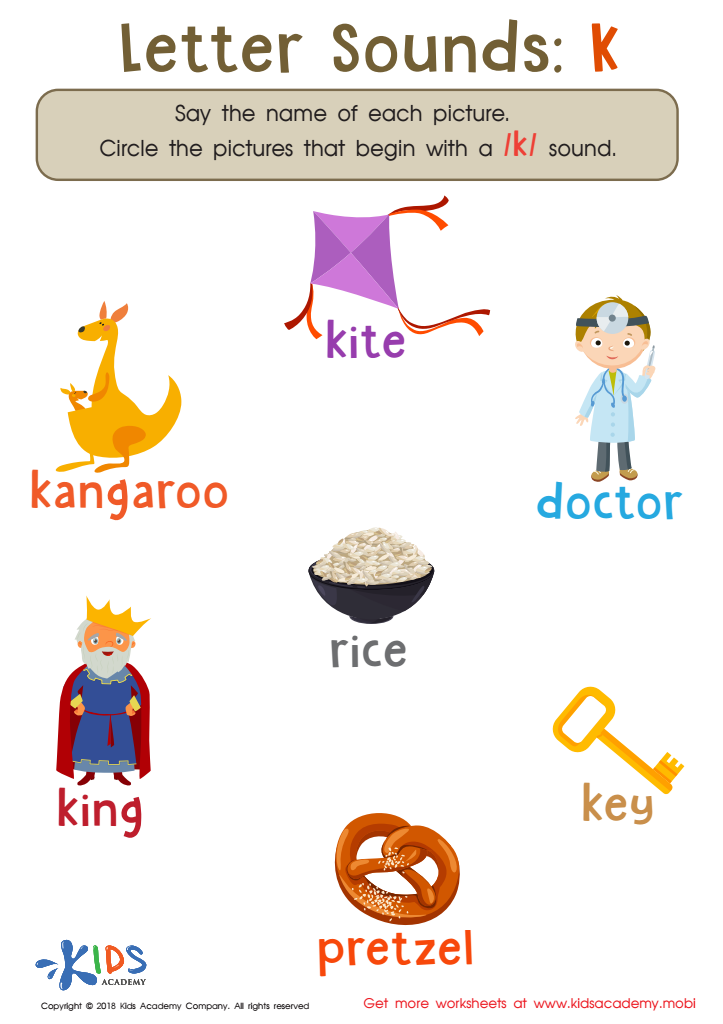

Letter K Sounds Worksheet
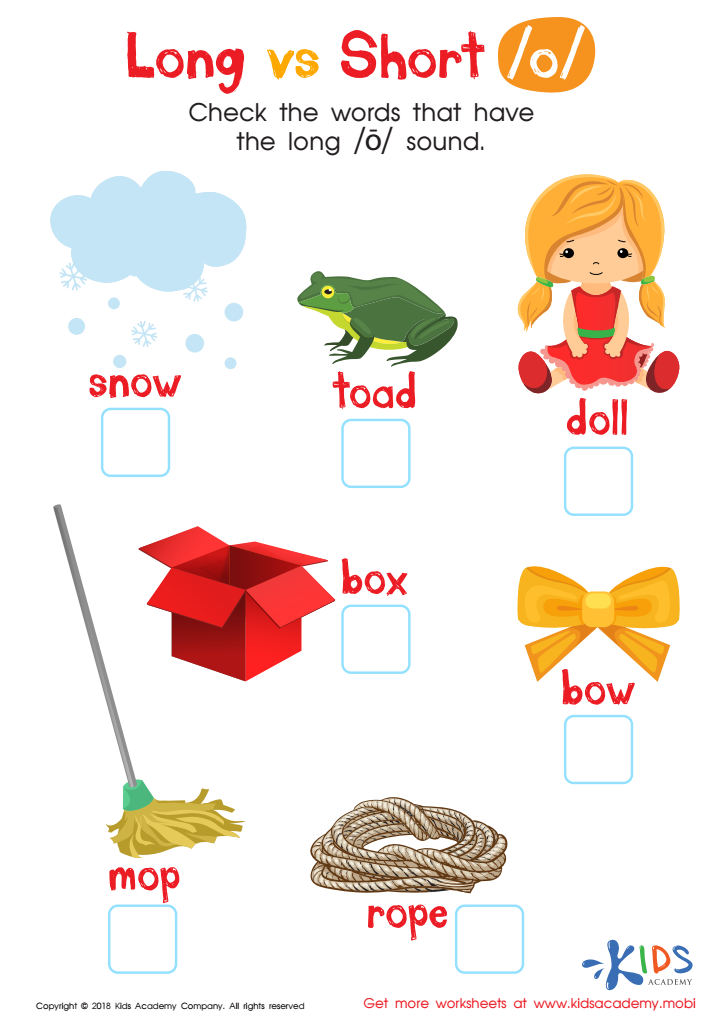

Long vs Short O Reading Worksheet
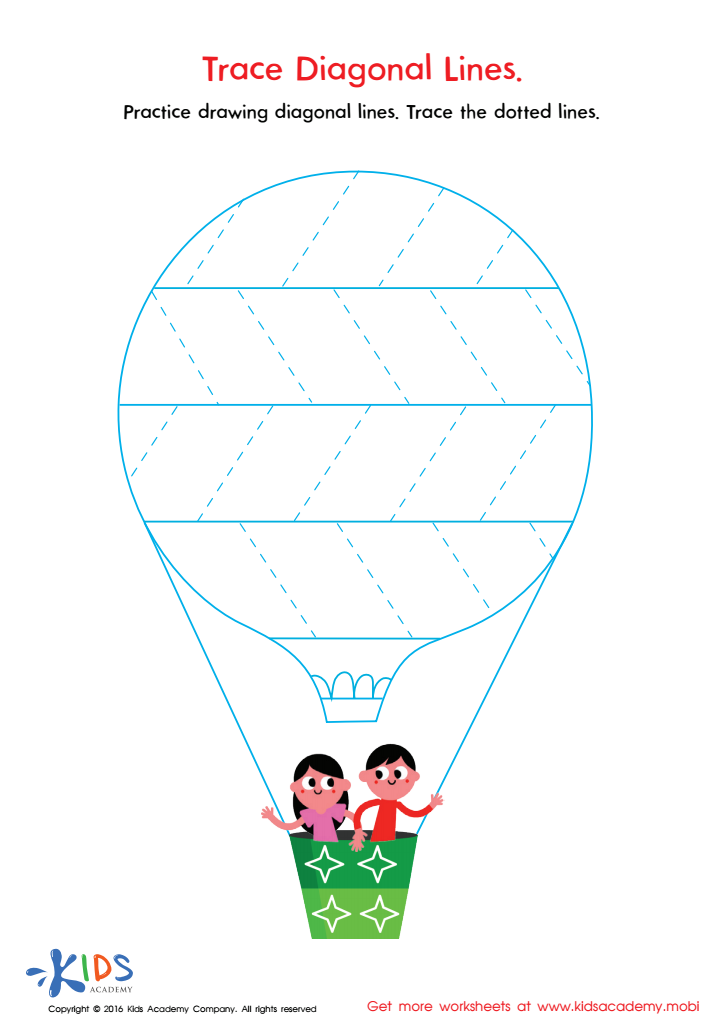

Trace Diagonal Lines Worksheet
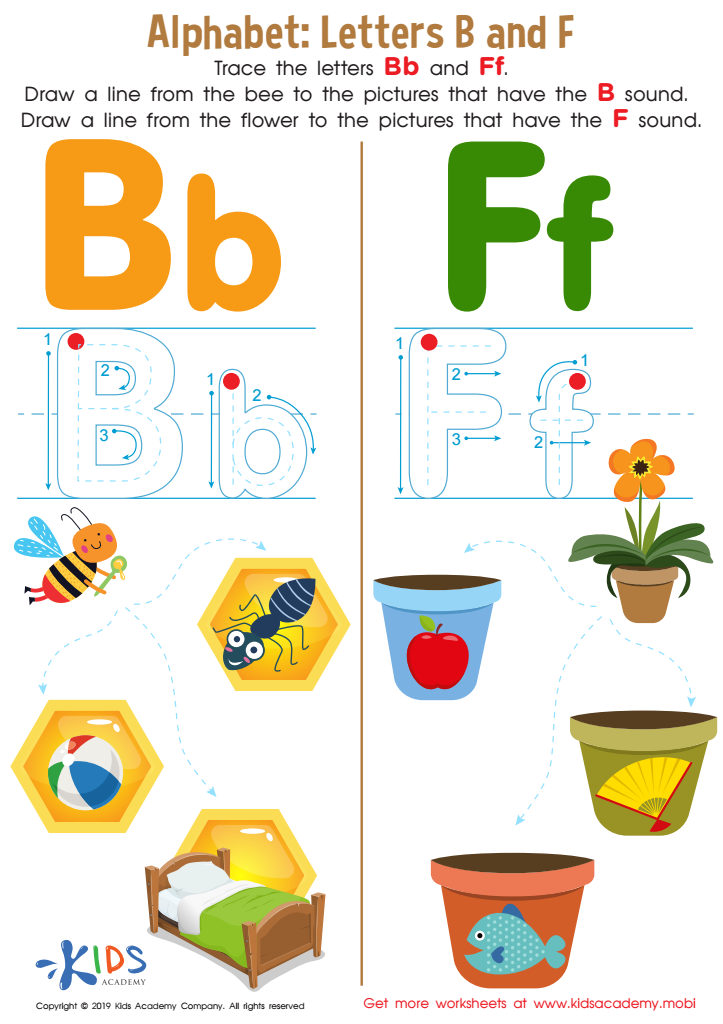

Letters B and F Tracing Worksheet
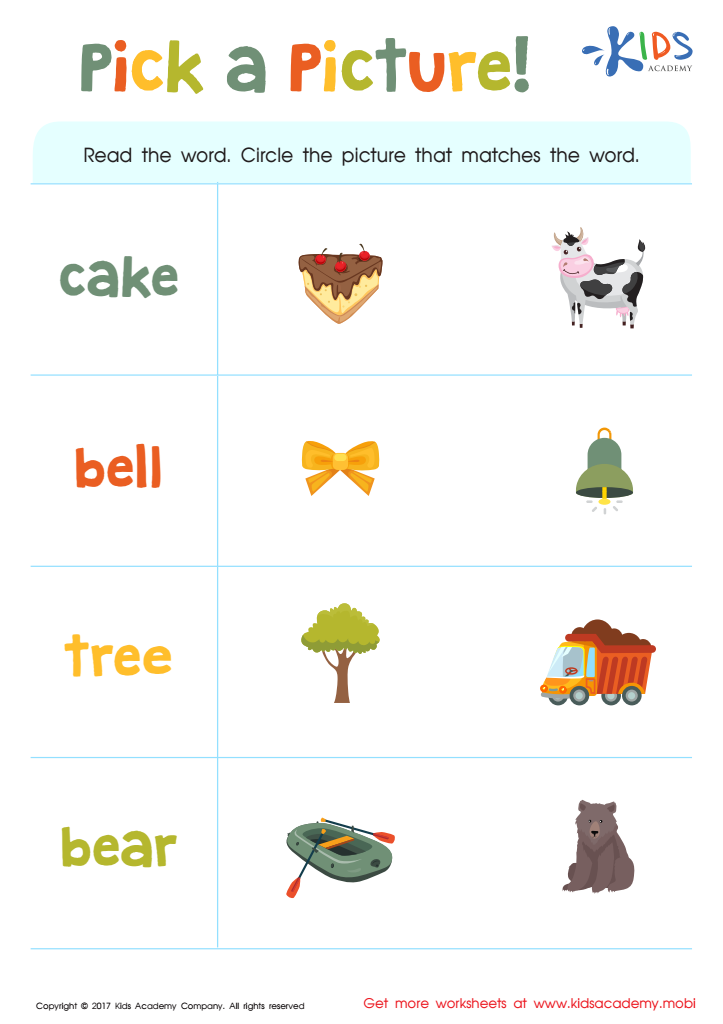

Pick a Picture Word Recognition Worksheet
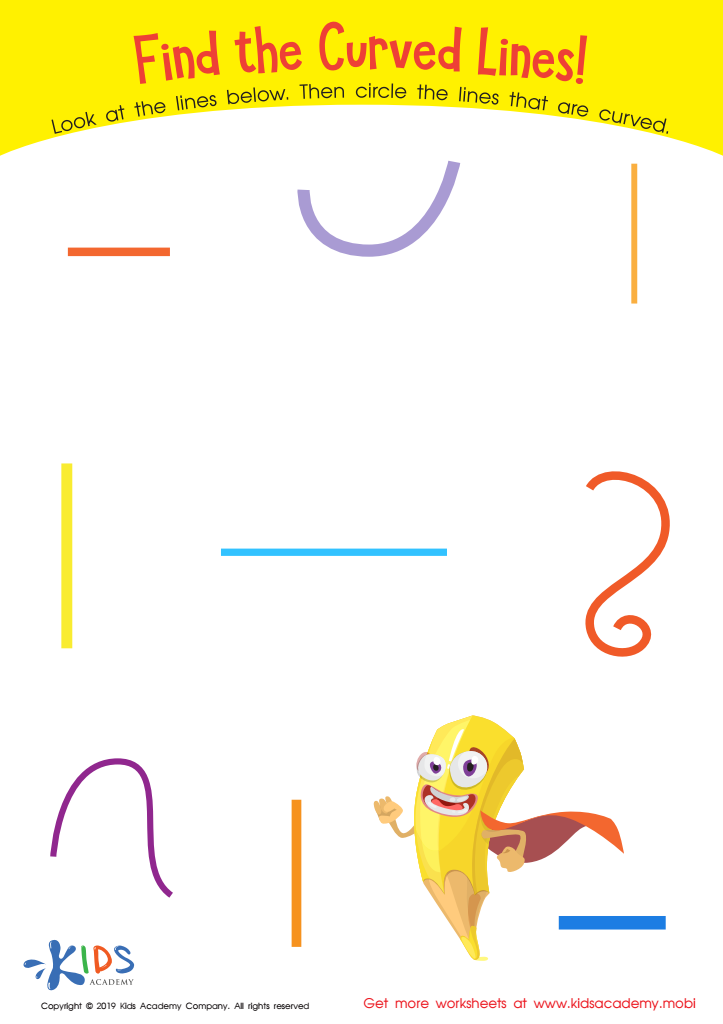

Find the Curved Lines! Worksheet
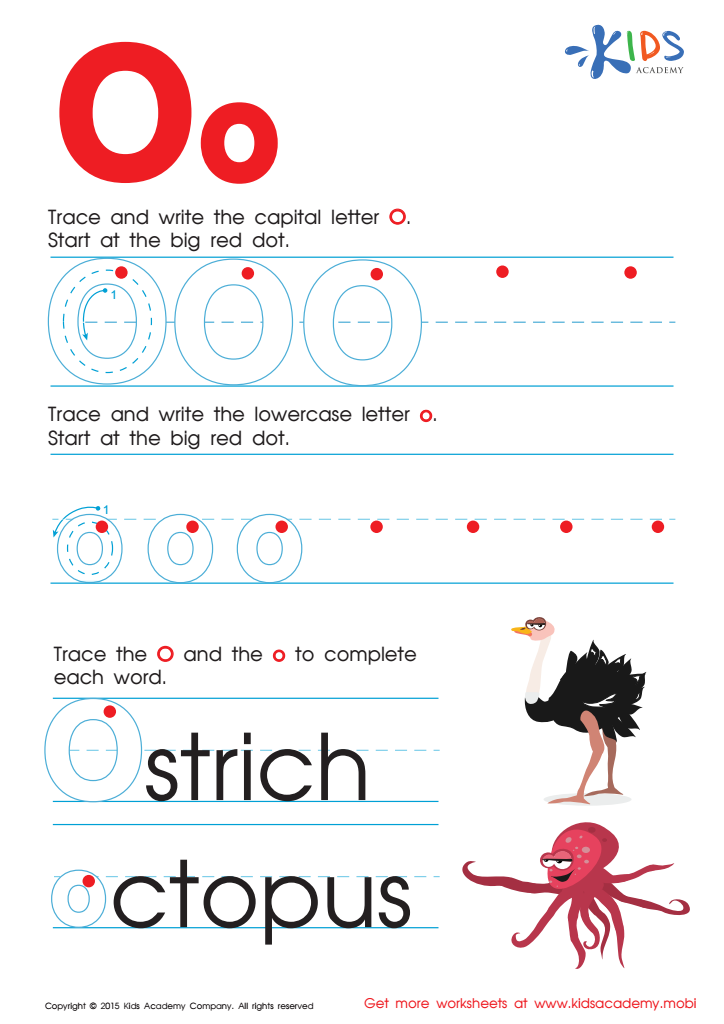

Letter O Tracing Page
Understanding the alphabet is foundational for children ages 5-8 as it serves as the critical building block for reading and writing skills. For parents and teachers, prioritizing alphabet literacy equips children with essential tools for educational success. At this age, brain development is highly receptive to learning new information, making it the perfect time to introduce and reinforce alphabet knowledge.
Recognition of letters and their associated sounds is the first step toward phonemic awareness, which is crucial for decoding words during reading. Similarly, knowing how letters combine to form words fosters writing skills and boosts vocabulary development. Early literacy skills also foster cognitive development, improving children’s memory, attention span, and problem-solving abilities.
Moreover, mastering the alphabet can enhance a child's confidence and ease the transition into more advanced literacy skills, setting a positive trajectory for lifelong learning. Beyond academics, children gain a sense of achievement and independence as they navigate through books and stories, leading to joyful and meaningful experiences.
For educators and parents, focusing on alphabet literacy means providing children with the resources and environment conducive to learning these critical skills. Through fun, engaging activities like songs, games, and hands-on materials, adults can foster a supportive and nurturing atmosphere that cultivates young learners’ enthusiasm and proficiency in literacy.

 Assign to My Students
Assign to My Students






















